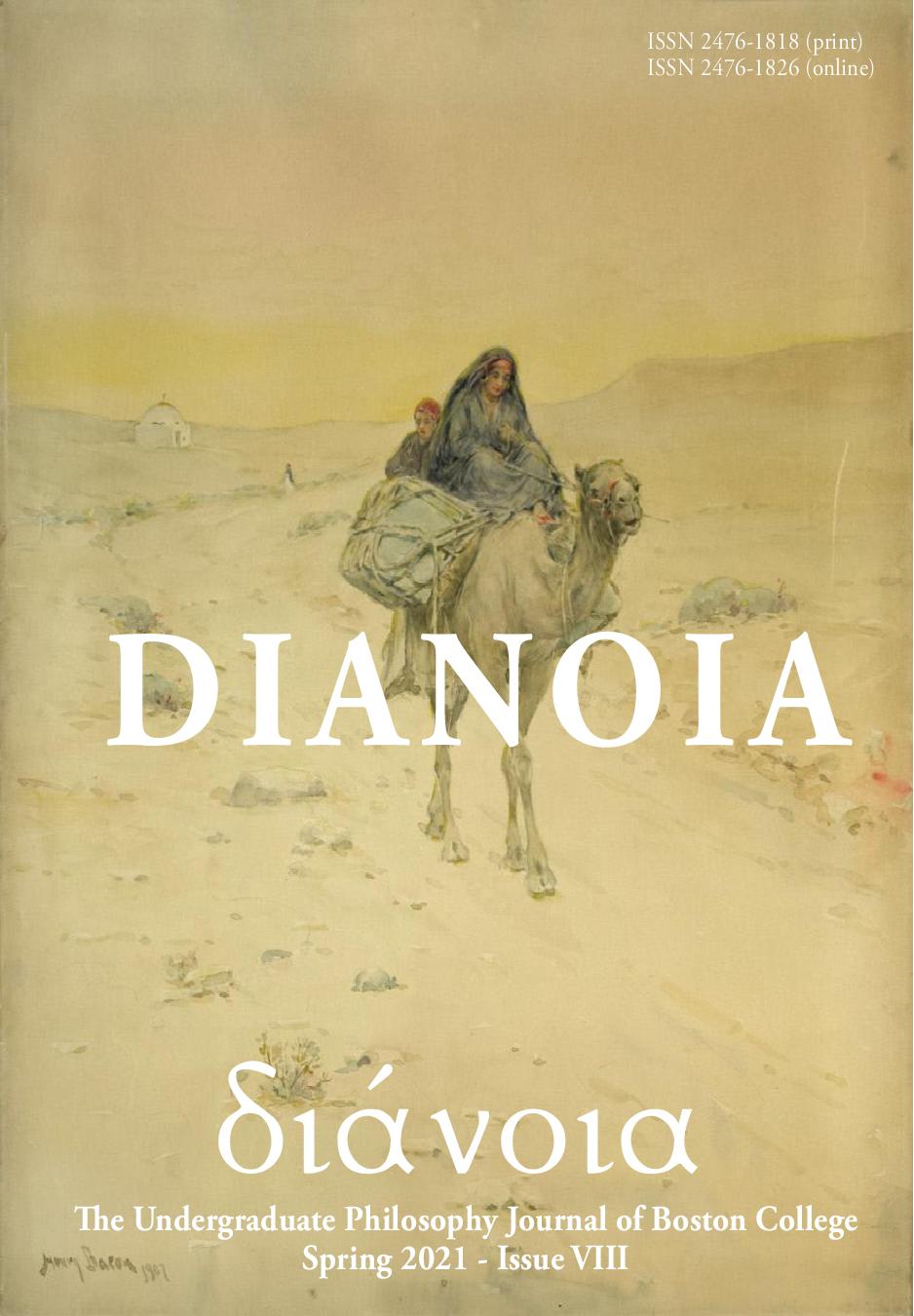The Justification-Application Spectrum
Exploring Seyla Benhabib’s Reconciliation of the Generalized and Concrete Others
DOI:
https://doi.org/10.6017/dupjbc.v8i1.15481Abstract
- Contemporary political discourse has seen the rise of discussion about identity characteristics such as race, gender, and class, and the moral role that these characteristics should play in political dialogues. This trend emphasizes Concrete features of the self, in contrast to the Kantian/Rawlsian conception of the Generalized self, where the only morally relevant feature of agents is their rationality. Rather than seeing these views as mutually exclusive, I defend Seyla Benhabib’s reconciliation of the Generalized and Concrete Others from critical theorists who deny that the Generalized Other is applicable to complicated contemporary dilemmas that involve a multitude of different identities and standpoints. Though I defend the middle ground that Benhabib illuminates between the Generalized and Concrete Others, I argue that Benhabib’s position is strengthened by an understanding of contexts as spectrums between the justification of principles and their application, rather than as distinct categories, which Benhabib posits. I argue that this model best matches the real deliberative processes through which policies are created and allows for the necessary flexibility required by a communicative process of ethical deliberation.
Downloads
Published
2021-05-02
How to Cite
Wu, Megan. 2021. “The Justification-Application Spectrum: Exploring Seyla Benhabib’s Reconciliation of the Generalized and Concrete Others”. Dianoia: The Undergraduate Philosophy Journal of Boston College, no. VIII (May):88-97. https://doi.org/10.6017/dupjbc.v8i1.15481.
Issue
Section
Articles
License
Copyright (c) 2021 Trustees of Boston College

This work is licensed under a Creative Commons Attribution 4.0 International License.
Please navigate to the Copyright Notice page for more information.

